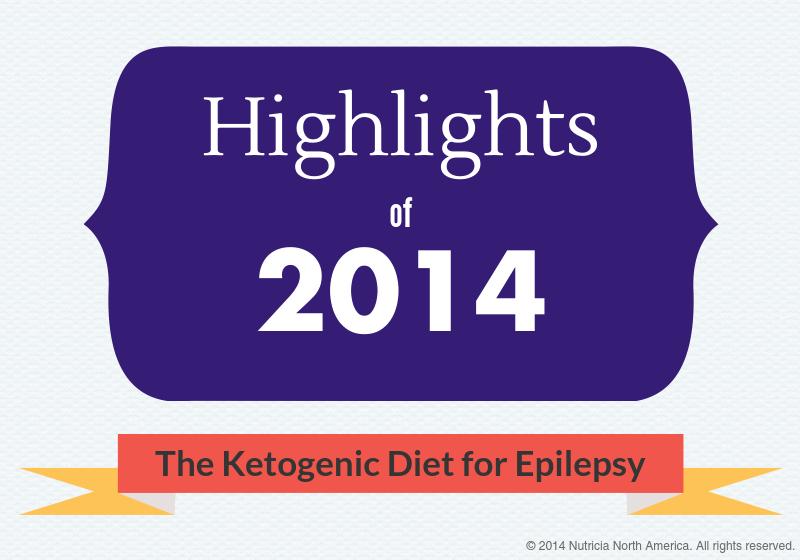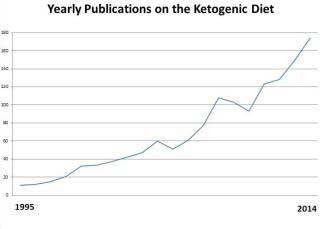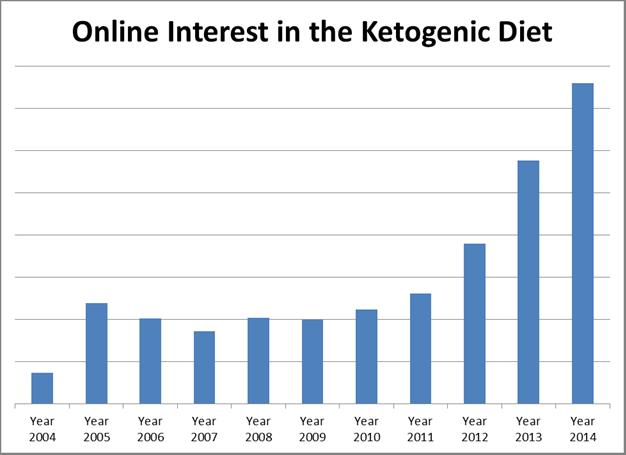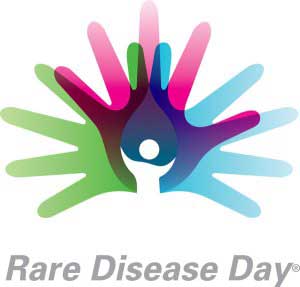
As we finish the final days of 2014, today’s KetoConnect blog post looks back at the highlights of 2014 for the ketogenic diet community.
International Conference:
The highlight event of 2014 was undoubtedly the International Symposium on Dietary Therapies for Epilepsy & other Neurological Disorders, which was hosted by Matthew’s Friends in Liverpool, England. Around 270 healthcare professionals, scientists, and parents attended the first International Symposium on Dietary Therapies for Epilepsy & Other Neurological Disorders, which was held in 2008 in Phoenix, AZ. This year’s symposium had nearly double the attendance with roughly 500 attendees from 27 different countries.
Global Growth:
The use of the ketogenic diet continued to expand geographically in 2014. As mentioned in the paragraph above, this year’s International Symposium had attendees from 27 different countries! In the August 2014 issue of Keto News, Dr. Eric Kossoff discussed the global growth of the ketogenic diet, which is now offered in at least 60 countries!
More Research:
Research interest in the ketogenic diet has increased tremendously in recent years and the trend continued into 2014. There were more scientific articles on the ketogenic diet published in 2014 than ever before. The graph below shows the steadily increasing number of publications on the ketogenic diet, with a whopping 172 articles published in 2014 (along with 13 articles e-published ahead of print in 2015)! As Dr. Eric Kossoff discussed in his recent Keto News article, there has never been more research interest in the ketogenic diet. It is a very exciting time for our community!

Source: Pubmed.gov
Increased Online Interest:
In addition to the trend for increasing research interest, there is also a trend for increasing online interest in the ketogenic diet. Google Trends allows you to compare online interest in certain topics over time based on how many people search the Web for that topic. As you can see from this graph comparing online search trends over the last 10 years (below), there were many people searching for the ketogenic diet online in 2014!

Source: Google Trends
Loss of Dr. John Friedman:
The ketogenic diet community mourned the loss of Dr. John Freeman in 2014. Dr. Freeman was an internationally renowned neurologist from Johns Hopkins University who revived the use of the ketogenic diet for epilepsy. Dr. Freeman’s contributions live on in the many patients that he helped.
New Keto Ambassador Program:
Nutricia North America launched a new “Keto Ambassador” program in 2014, connecting expert ketogenic dietitians with less experienced dietitians for support and guidance. In 2015, the Keto Ambassadors will host the first ever “Keto University” for dietitians!
For more 2014 highlights from our friends across the pond in the UK, check out the 2014 project summary from Matthew’s Friends.
Happy New Year, everyone! We’ll see you in 2015.
-Mallory



 Follow
Follow


